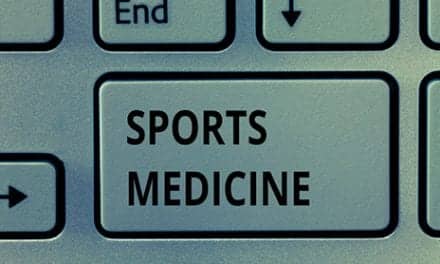MedRisk’s International Scientific Advisory Board (ISAB) announces the creation of vestibular therapy guidelines for treating injured workers who are experiencing symptoms as dizziness, disequilibrium, and/or spatial disorientation as the result of a concussion.
MedRisk has also produced a patient education sheet to help injured workers prepare for vestibular therapy.
The vestibular system encompasses parts of the inner ear and brain that help control balance and eye movement. Physical therapy—specifically, vestibular rehabilitation—can help play a role in managing post-concussion symptoms, according to the King of Prussia, Pa-headquartered company, in a media release.
“ISAB determined that vestibular rehabilitation is appropriate for patients whose persistent, post-concussion symptoms involve a measurable, functional deficit in balance or gait,” says Mary O’Donoghue, MedRisk’s chief clinical and product officer. “Provided by a physical therapist, vestibular rehabilitation is an exercise-based program that improves balance and reduces problems related to dizziness, leg strength and flexibility.”
Based on a review of the most current evidence and expert consensus, MedRisk’s vestibular therapy guidelines provide visit recommendations for non-complicated cases, which are defined as those that have no additional musculoskeletal issues, comorbidities or injuries that require surgery. The guidelines also provide separate recommendations for complicated cases, per the release.
“There’s not a lot of research out there that is specific to the treatment of concussions for injured workers,” states Brian Peers, MedRisk’s director of clinical services. “We’ll be monitoring cases closely and revisiting these guidelines and any new evidence again at the next meeting with our advisory board.”
ISAB is an elite panel of world-renowned specialists in physical medicine and workers’ compensation who oversee all clinical aspects of MedRisk’s medical management programs, including the development and maintenance of its proprietary evidence-based guidelines. The group meets regularly to review current scientific literature and new treatment protocols and vet MedRisk’s guidelines, which are specific to physical therapy and workers’ compensation.
[Source(s): MedRisk, Business Wire]





